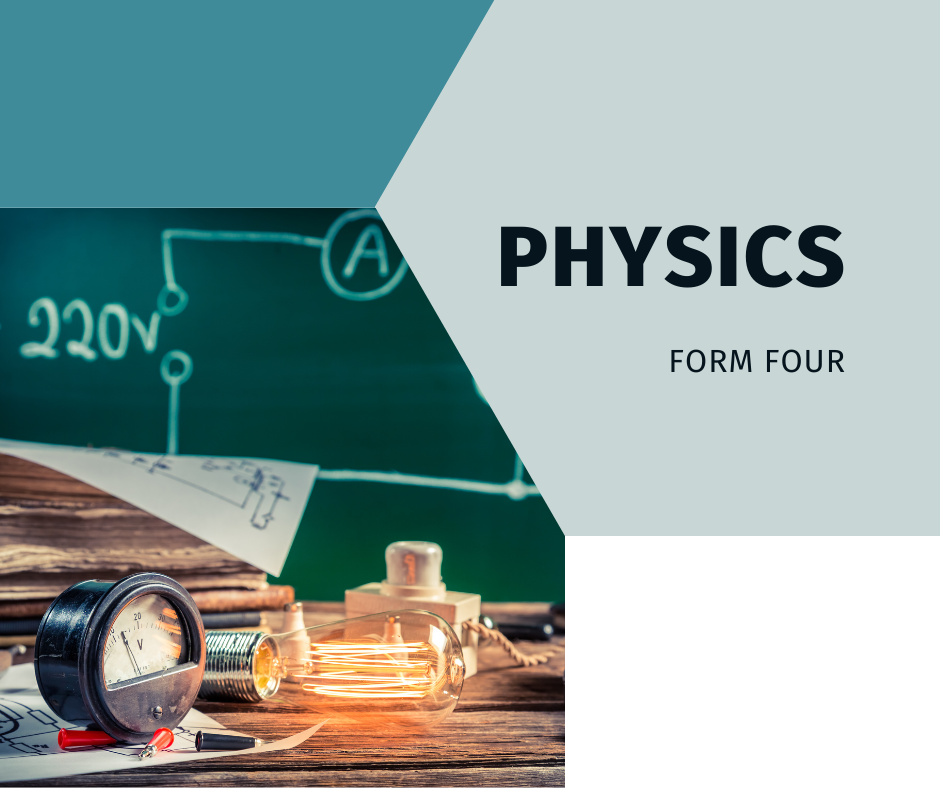What i will learn?
Requirements
To ensure a successful learning experience, students are expected to meet the following requirements:
- Completion of Physics Form Three: Proficiency in the foundational physics concepts covered in Forms One through Three.
- Advanced Mathematical Skills: Proficiency in algebra, geometry, trigonometry, and basic calculus.
- Notebook and Stationery: Keeping organized notes and solving practice problems.
- Scientific Calculator: Access to a calculator for solving numerical problems.
- Internet Access: Reliable internet connection for accessing online lessons and resources.
- Analytical and Critical Thinking Skills: Ability to approach complex problems logically and analytically.
Description
Welcome to Physics Form Four on Edukea! This course builds on the foundational concepts from previous forms and introduces students to advanced topics in physics. Students will engage with complex principles and conduct experiments to deepen their understanding and prepare for higher education and professional fields in science and engineering.
Topics Covered:
- Advanced Mechanics: Projectile Motion, Rotational Dynamics, and Angular Momentum
- Electromagnetism: Magnetic Fields, Electromagnetic Induction, and Faraday's Law
- Waves and Optics: Wave-Particle Duality, Diffraction, and Interference
- Thermodynamics: Laws of Thermodynamics, Heat Engines, and Entropy
- Modern Physics: Quantum Theory, Photoelectric Effect, and Atomic Models
- Nuclear Physics: Radioactivity, Nuclear Reactions, and Applications
- Electronics: Semiconductors, Diodes, Transistors, and Logic Gates
- Practical Physics: Experimental Techniques, Data Analysis, and Error Estimation
